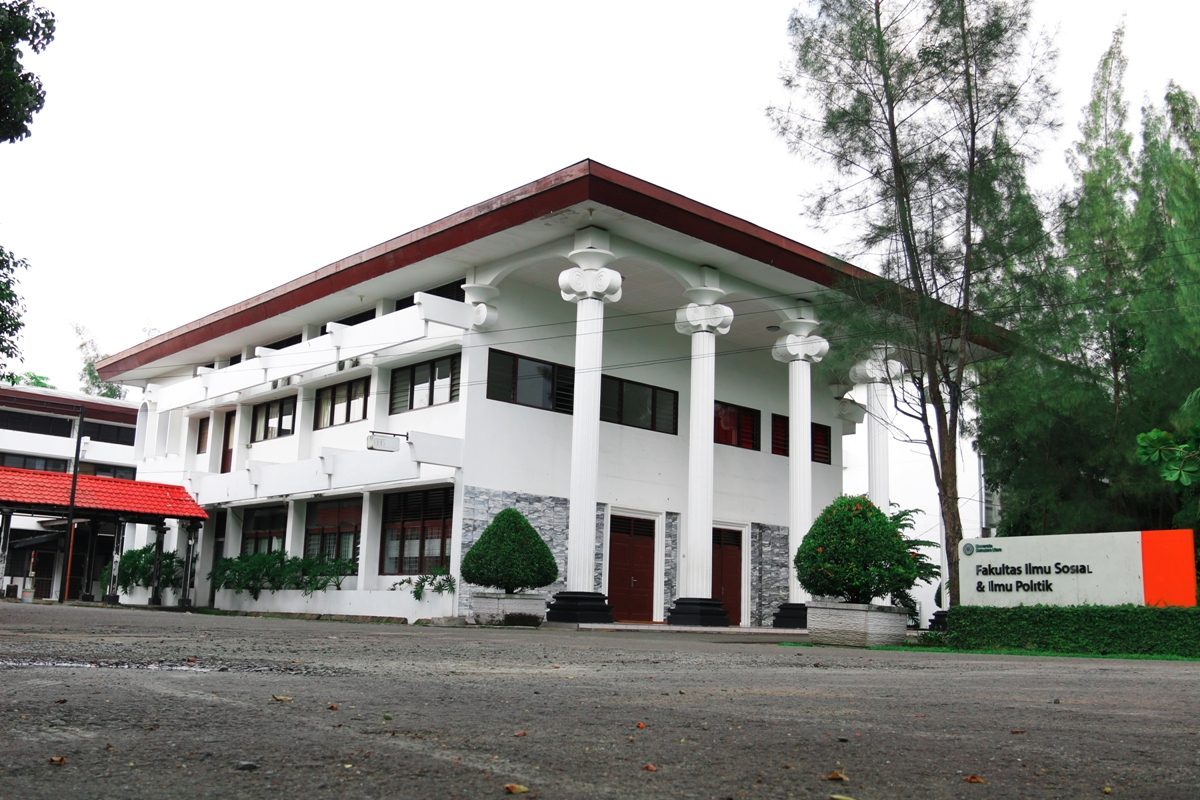Today's conception of the ethical governance is closely related to the implementation of Good Governance agenda that is being encouraged in the nationhood. Ethics itself means as a science of morals or morality, which includes the matters of human behavior and the principles of morally right action. Thus, in practice, ethics is strongly influenced by the environment such as customs, social factors, state, ideology, religion, and so forth.
Ethics is the acceptance of the soul of decency or a set of rules of decency. Ethics is the norms and rules governing human behavior in the action and in playing the role in accordance with the rules existing in the community so it can be called moral action conforming to morality and behavior of the local community. Ethics can be considered important in governance. First, the current problems in governance are increasingly complex. Second, the successful establishment has improved the dynamics and the pace of change in governance environment. The government makes adjustment which requires great discretionary power (the power of judgement/discretion).
From the ethical perspective, governance is the act or activity closely related to humans and humanity. Therefore, any act or activity is inseparable from the obligation of ethics, morality and culture both between government and the people, and between institutions/public service officials and the third party. The action is commonly called the Principle of Decency in governance with the approach to morality as the basis of thinking and acting. The principle becomes the ethical foundation for public officials and government agencies in carrying out the governance duties.
Ethical governance is always considered to have association with the values related to the fundamental rights of a citizen as a social human (a social being). Ethical governance teaches good and right behavior by means of the main values regarding the human nature. In Ethical governance there are also issues of decency and politeness in the apparatus, structures and institutions. Decency is a rule of life that comes from the hearts of humans. Human conscience determines which actions are good or bad, depending on their personality or identity. Humans do good or do bad because of the conscience (conscience of man).
Ethical governance is associated with the virtues that must be implemented by the elite public officials and the government employees. Therefore, in ethical governance it discusses the behavior of governance, particularly the use of power, authority, including the legitimacy of power in relation to the behavior of good and bad.
The form of ethical governance is the ideal rules stated in the Constitution (UUD) either by the Indonesian basic ideology (Pancasila) or the foundations of the nation struggle (the Proclamation of Indonesian Independence). In Indonesia, the form is the opening of the 1945 Constitution as well as Pancasila as the state basic ideology (the fundamental philosophy of the nation) and the political doctrine for formal organizations gaining legitimacy and legality in de jure and de facto by the Indonesian government, which Pancasila is used as the political doctrine.
Particularly in time of crisis or change, the governance principles and its fundamental ethics in society are frequently questioned and the gap between the ideal and the reality is challenged. Additionally, we understand the discussion of ethical governance is as the discourse in a shared understanding of what makes it the good governance and the concrete step that must be done in order to depart from the common consensus into the practical rule is an indicator of democracy and multidimensional society.
Ethical governance nowadays becomes a quite interesting topic to discuss, specifically in actualizing the apparatus clean and respectable. The tendency or symptom arising today is that many government officials in doing their duties often violate the rules that have been established mainly pertaining to the principles of ethical governance. Ethics in governance is closely related to morality and mentality of the bureaucrats in accomplishing the tasks of the governance itself that are reflected through the basic functions of goverment, namely the service function, the function of setting or regulation and the function of community empowerment.


